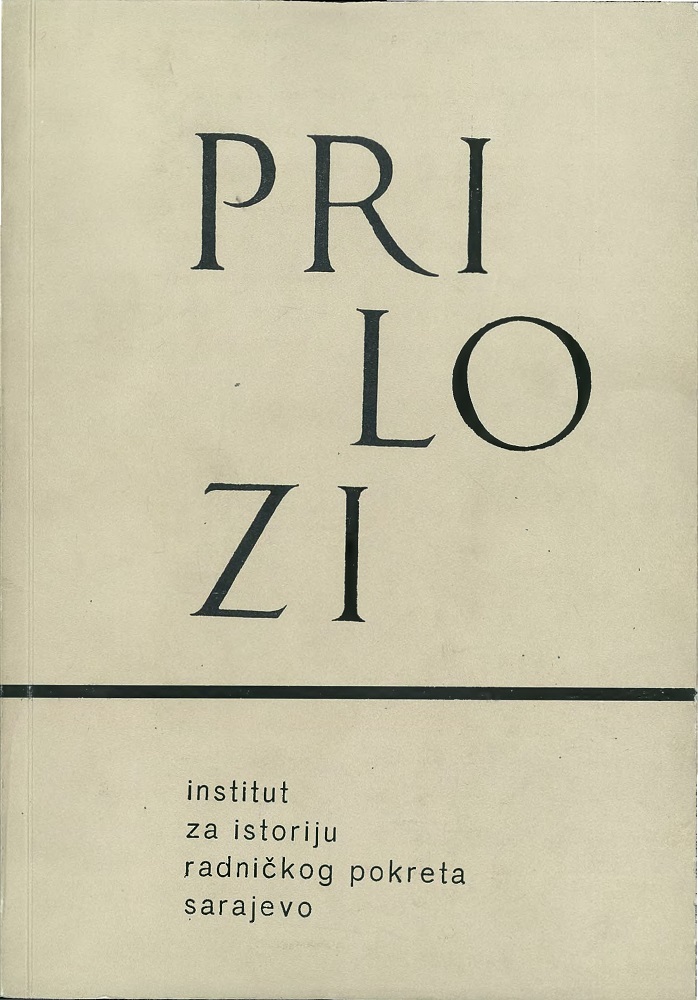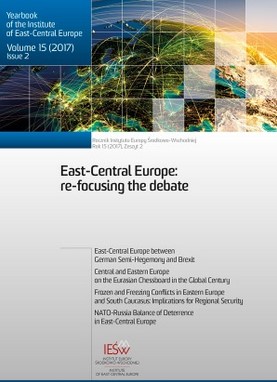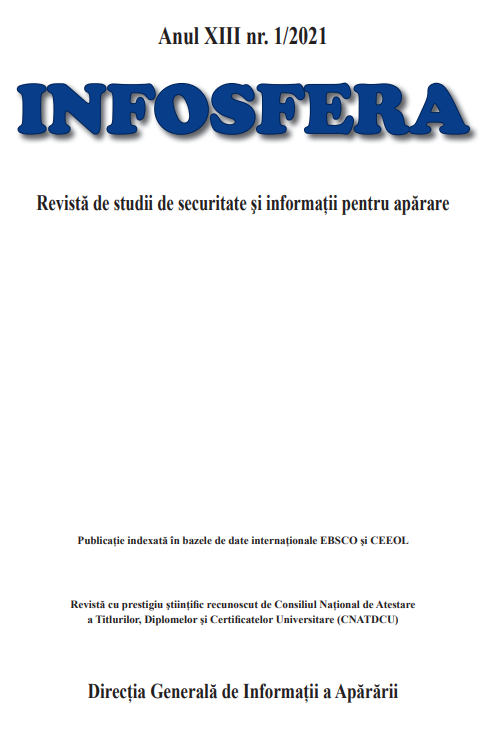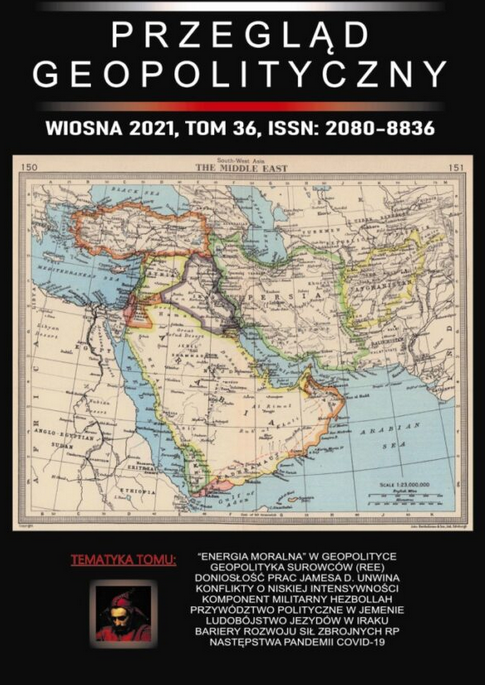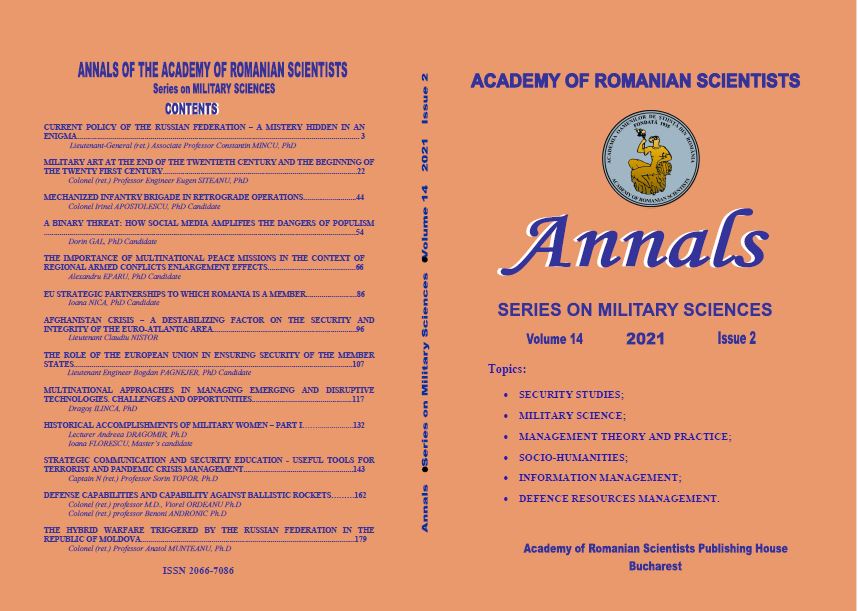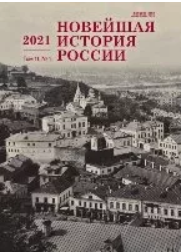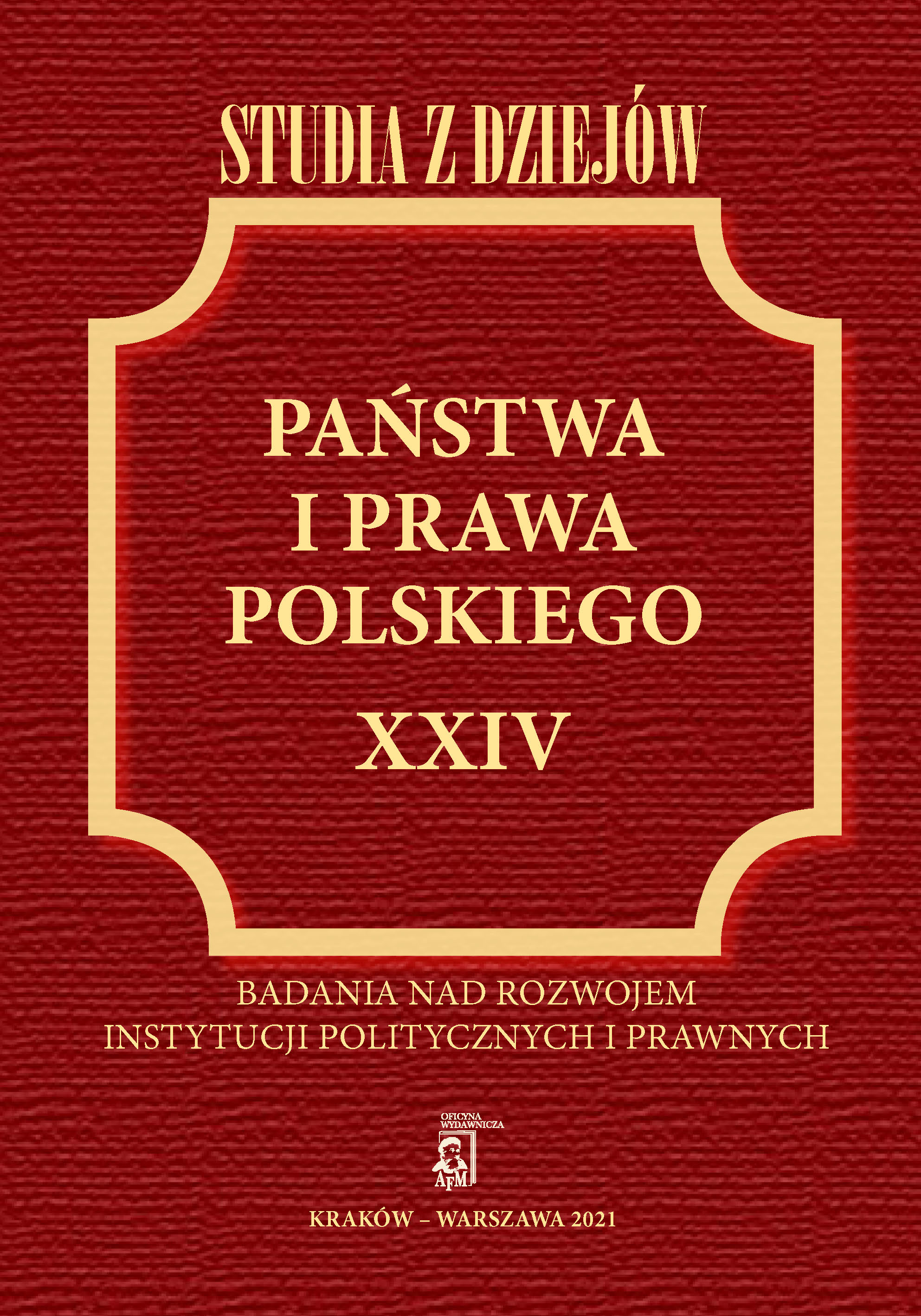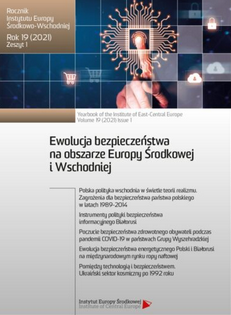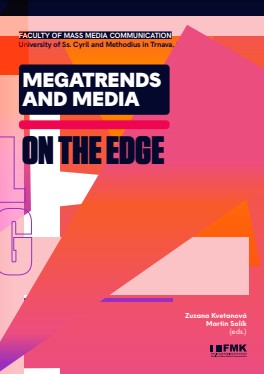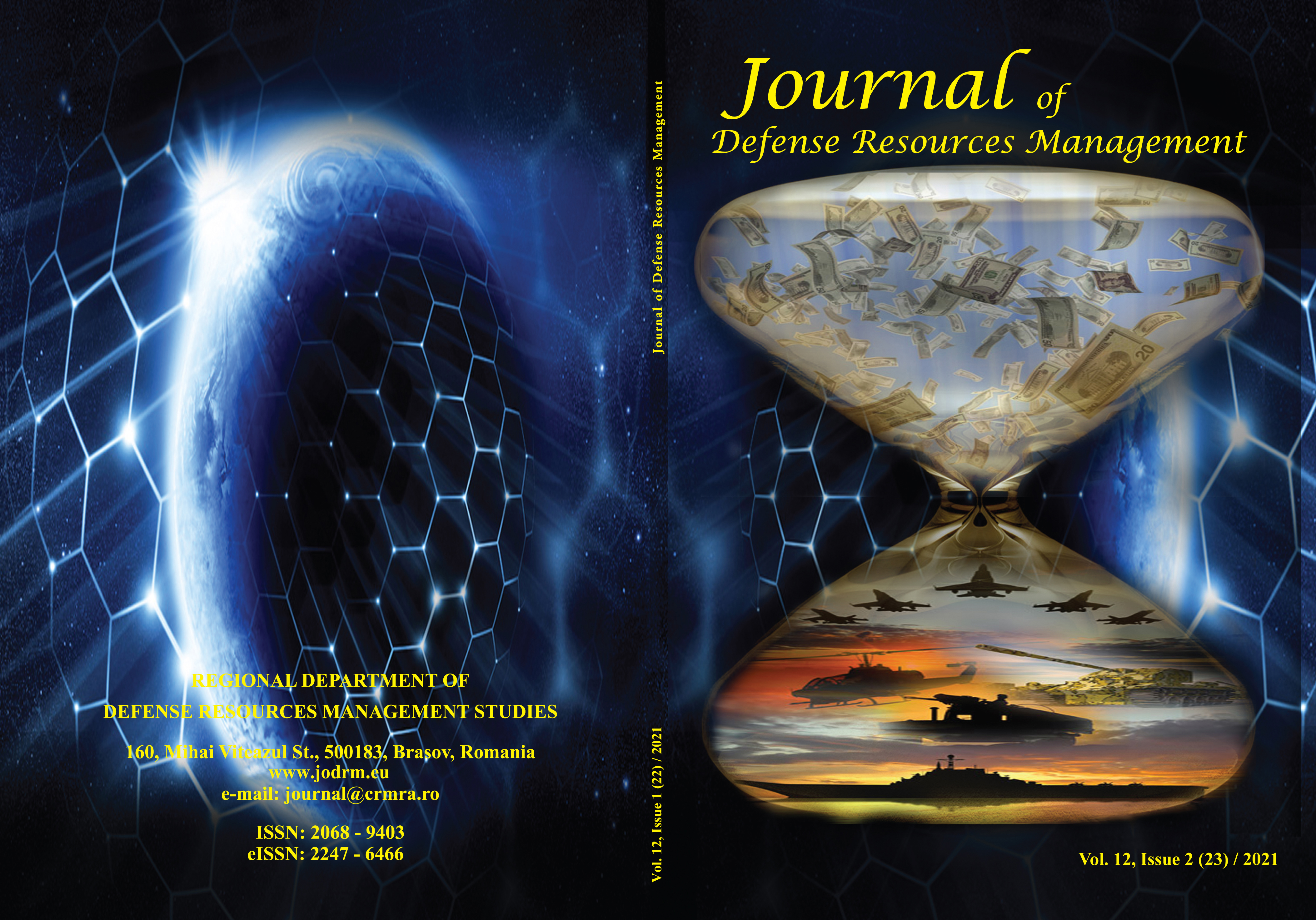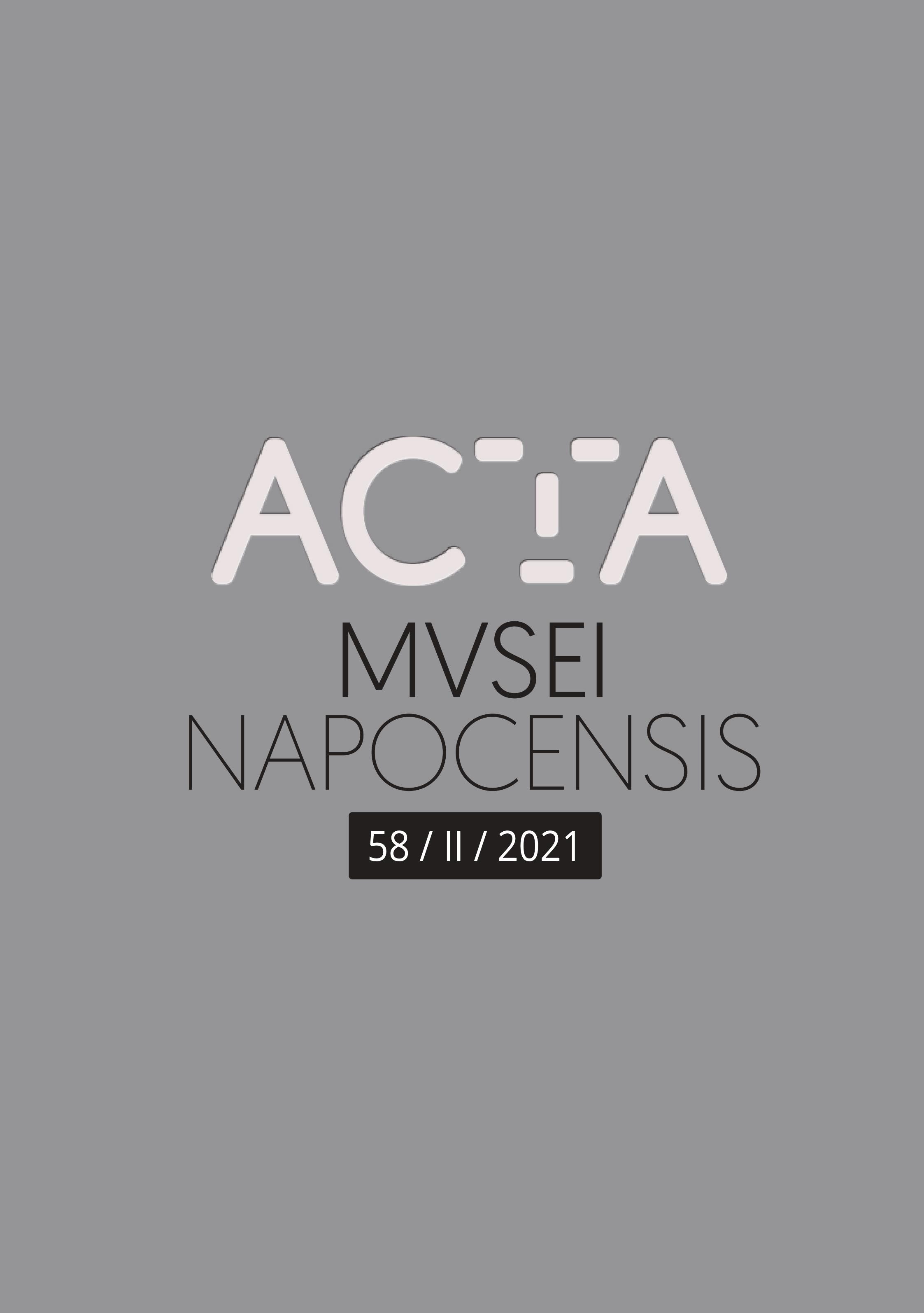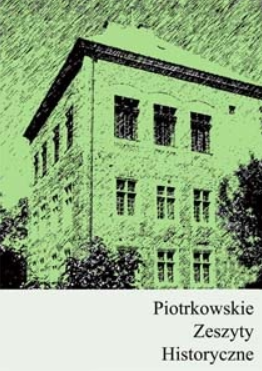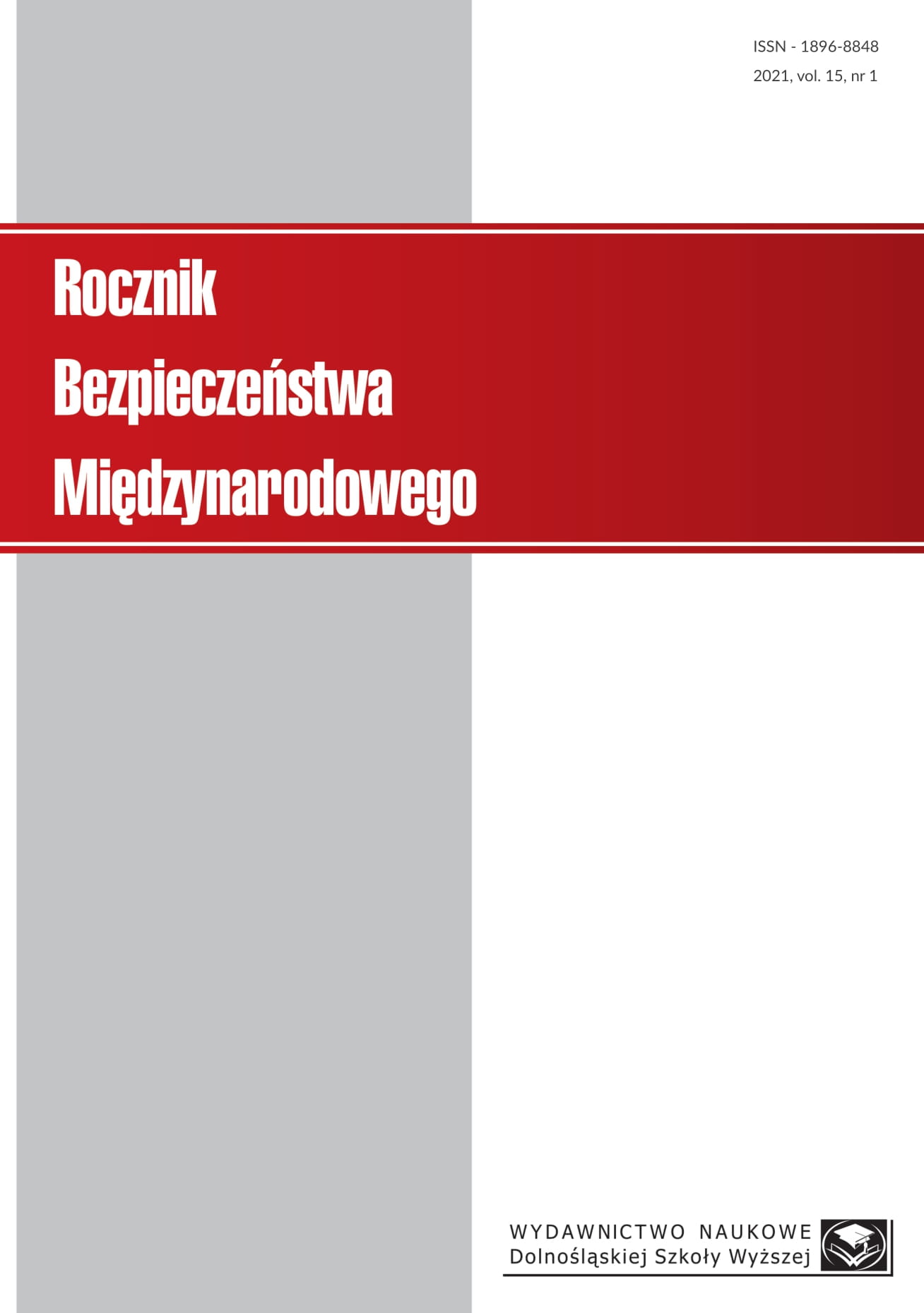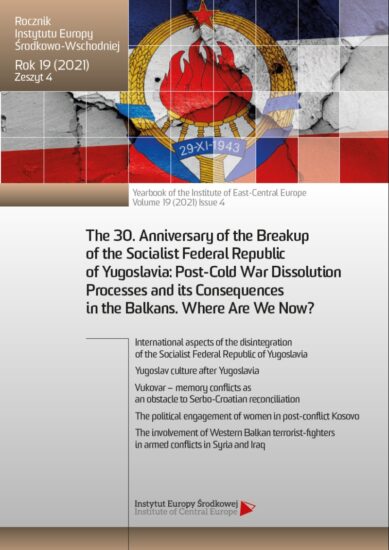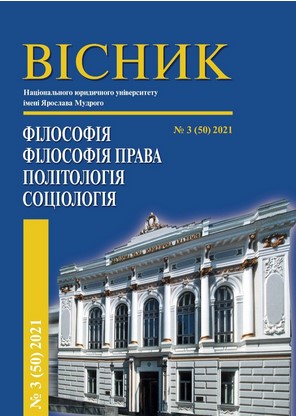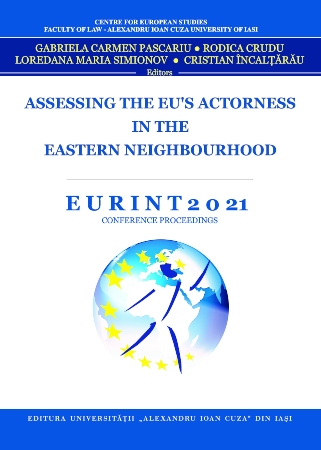Author(s): Evgen Mykolayovych Manuilov,Olena Viktorivna Prudnykova / Language(s): Ukrainian
Issue: 1/2017
Studied the essential characteristics of information and cultural Ukraine security. It is alleged that the higher the level of information culture of society that opposes aggression, the less chance the enemy to win the «hybrid warfare». This ratio is because the aggressor is trying to influence the cultural, legal, political and value foundations of society and the individual, his aim is to distort a person’s world with the help of the media. There are very important characteristics during the «hybrid warfare» such as information culture capacity for critical thinking, skills comparison and selection of information, search for sources of information and so on. Determined the main threats for the information and cultural security of our country. It is noted that the main threat to national security information – a threat to the impact on the other side of the country information infrastructure, information resources, society, consciousness, subconscious personality to impose the desired state (for another side) of values, attitudes, interests and decisions in vital areas of public and state activities, manage their behavior and development in the desired direction for another party. Shown the correlativity of information culture and establishment of information security Ukraine in a «hybrid warfare». Proved that the Ukraine information and cultural opposition during the «hybrid warfare» has a value-civilizational nature when the values of «western» and «eastern» worlds factually collide. In the course of this struggle objectively transformed the nature and character of information culture, it becomes more militant, politicized, critical media and its increasingly entering the public debate, participate in civic events and so on. It is concluded that the level of information culture during the «hybrid warfare» causes social activity of man, its civic and political position.
More...
